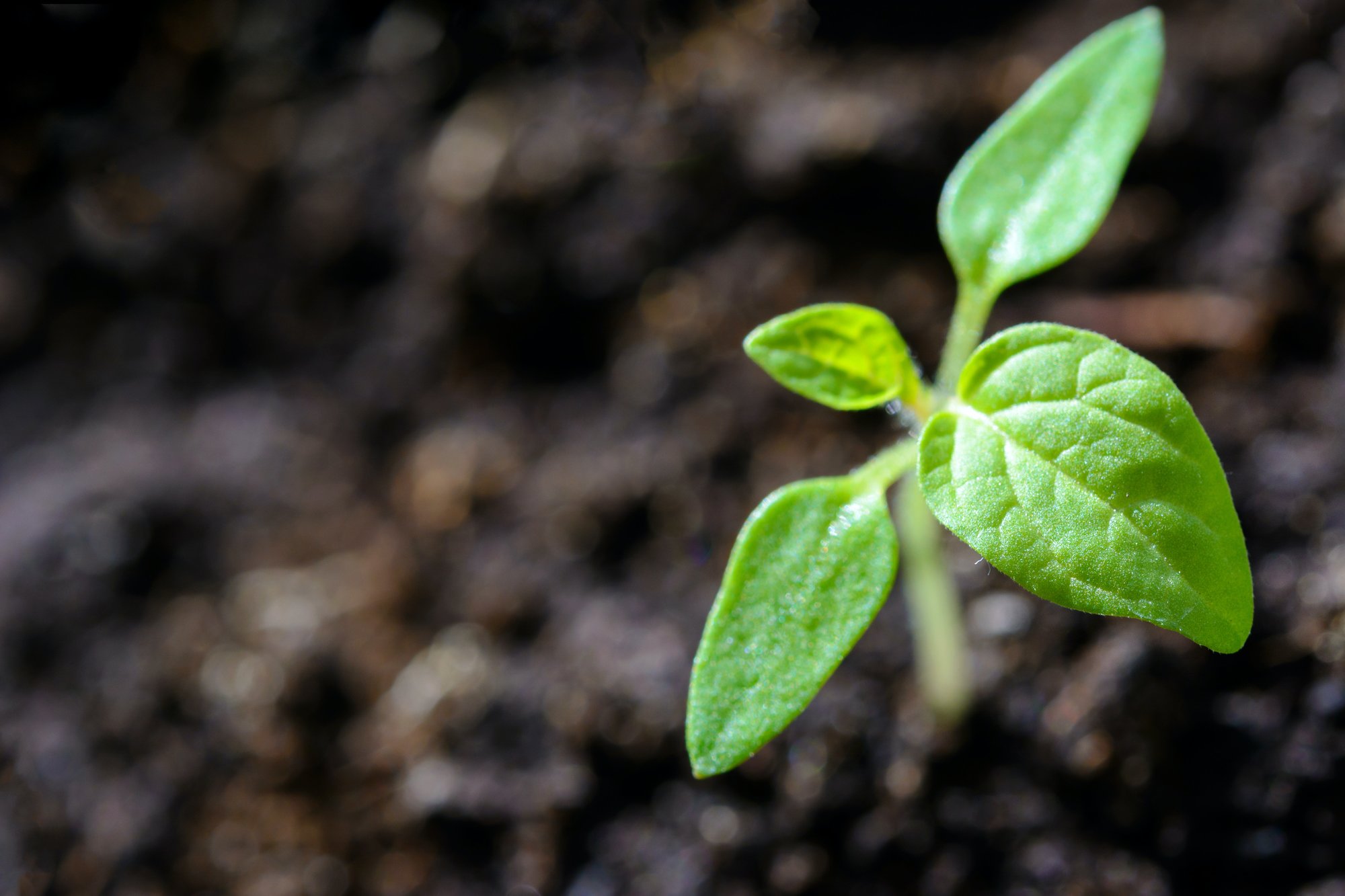
Enhancing Soil Microbial Activity with Soltellus™ Polymer
Improve Soil Microbiome with Polyaspartate
March 27, 2024
3 minutes
Agronomy
By Sierra Cotton
Download Free Agronomy GuideEnhancing Soil Microbial Activity with Soltellus™ Polymer
When it comes to farming, understanding the intricate relationship between crops and their surrounding soil microbiome is one of the keys to success. In searching for solutions, Soltellus™ Polymer is a promising option due to its yield-increasing capabilities and impact on the soil's microbial community. This biodegradable polyaspartate polymer is setting a new standard in enhancing the microbiome's health, leading to more sustainable and efficient agronomy practices.
Polyaspartate: The Key to Enhanced Microbial Activity
Polyaspartate stands at the core of Soltellus's innovative approach, offering dual benefits: it improves nutrient availability while fostering a thriving soil microbiome. The solution lies in its ability to bind to nutrients, ensuring they remain in the root zone and become more readily accessible to plants. This mechanism not only optimizes plant growth but also supports the delicate balance of soil microbial communities, which is crucial for soil health and crop productivity.
The soil microbiome, a complex network of bacteria, fungi, protozoa, and other microorganisms, plays a fundamental role in nutrient cycling, disease suppression, and the overall health of the agricultural ecosystem. By enhancing the availability of nutrients to plant roots and soil microbes, polyaspartate influences the composition and functionality of these microbial communities.
Soltellus Microbiome Trials and Results
In 2023, field trials were undertaken to evaluate the impact of Soltellus, focusing on the soil microbiome within a controlled greenhouse environment using potted corn plants.
Soil samples were collected from each pot at three pivotal times: immediately after treatment, two weeks post-application, and four weeks post-application. These samples underwent individual analyses to chart the shifts in the soil biome, offering a window into the effects of Soltellus and other soil amendments on microbial communities.
The samples treated with Soltellus had a notable 17% increase in soil decomposers, which are crucial for organic matter decomposition and nutrient cycling. Beneficial fungi, like the decomposer Penicillium spp., experienced a substantial increase in population within the first two weeks post-application. This demonstrates Soltellus's ability to stimulate microbial growth, creating a healthier, more resilient soil ecosystem.
This initial boost is further enhanced by the finding that microbes producing gibberellin and auxin—key plant growth regulators—and biocontrol agents saw their production leap by over 50% with the Soltellus treatments after two weeks. Such a surge shows Soltellus's role not only in boosting microbial numbers but in enhancing their functional capacity to support plant growth and health.
Embracing the Microbial Revolution in Agriculture
As we delve deeper into the benefits of nurturing the soil microbiome, Soltellus is emerging as a pivotal player. Its ability to enhance microbial health while improving crop performance offers a holistic approach to farming that aligns with modern sustainability goals. For forward-thinking farmers and agronomists, Soltellus represents a step towards a future where agricultural success is measured not just by yield but by the health of the soil ecosystem.
Connect with our application scientists for more information on our biodegradable soil amendment solutions and how you can improve the quality of soil suitability for crop growth.